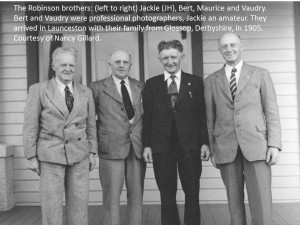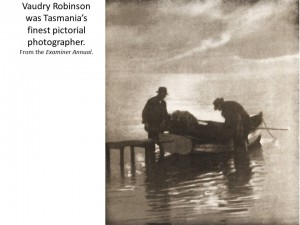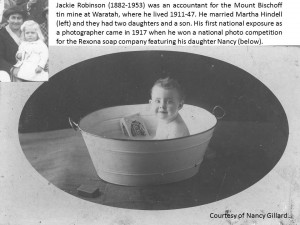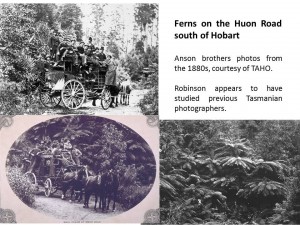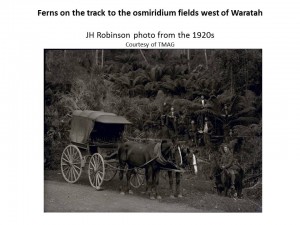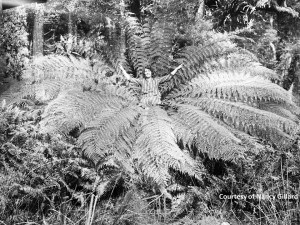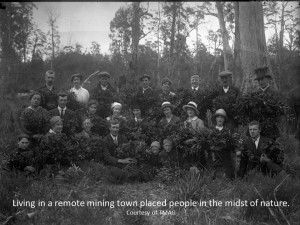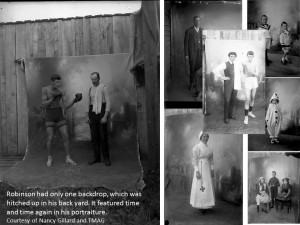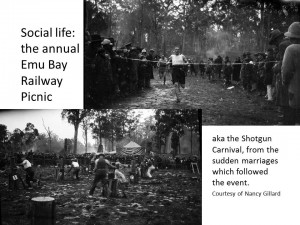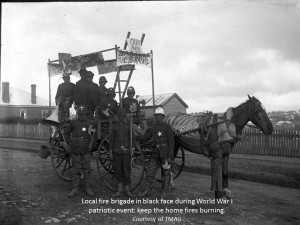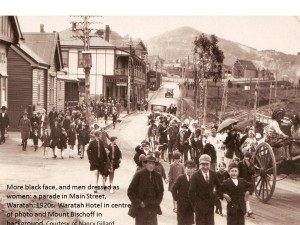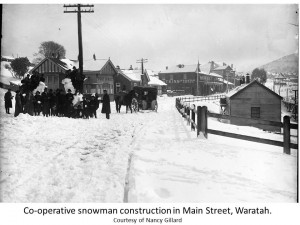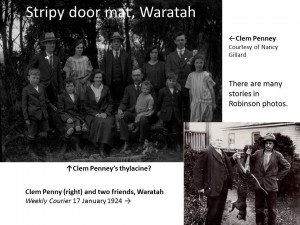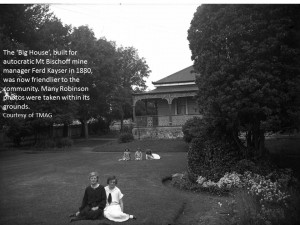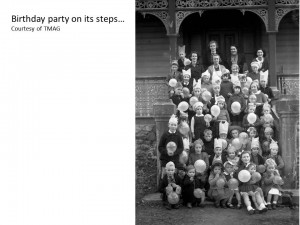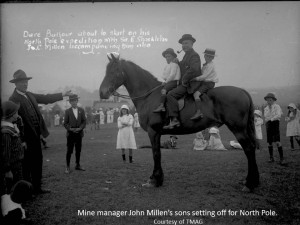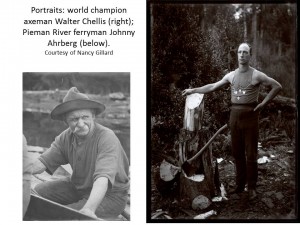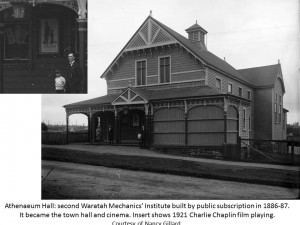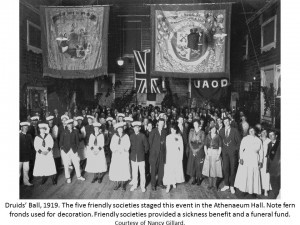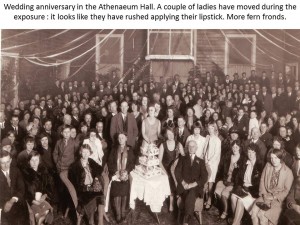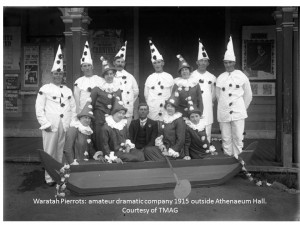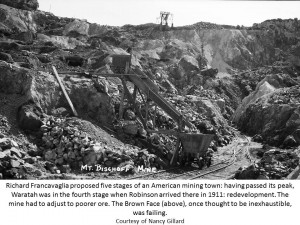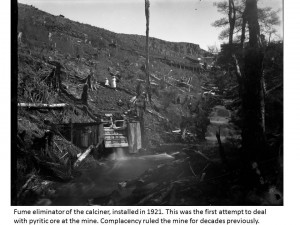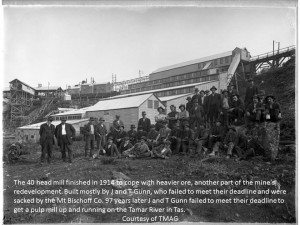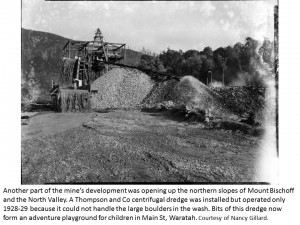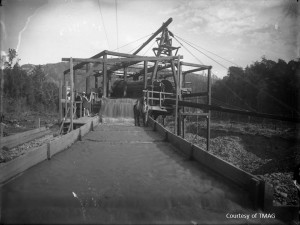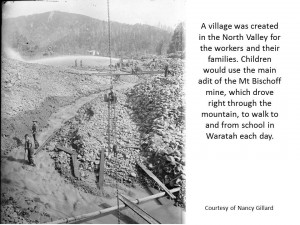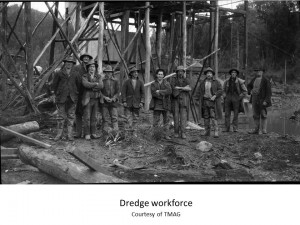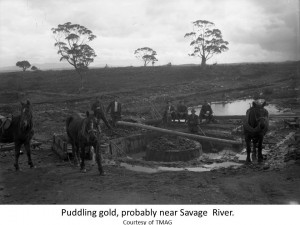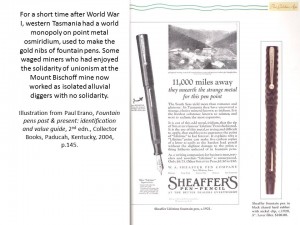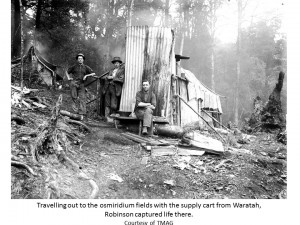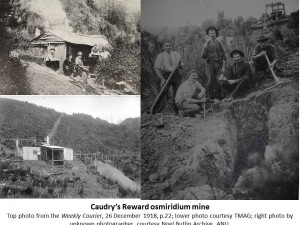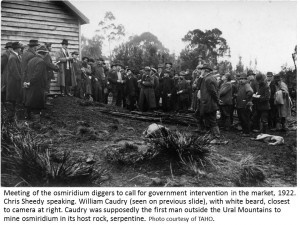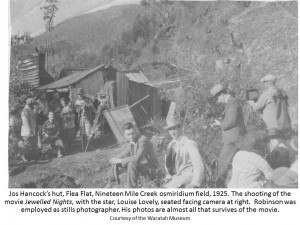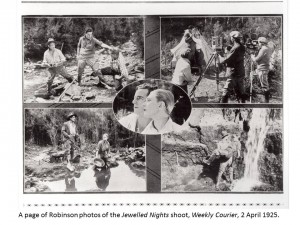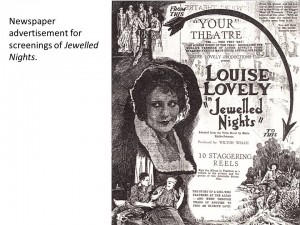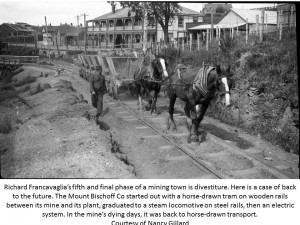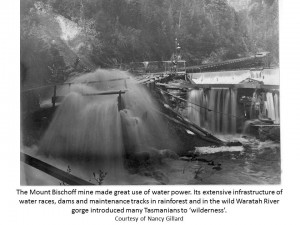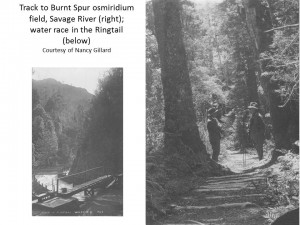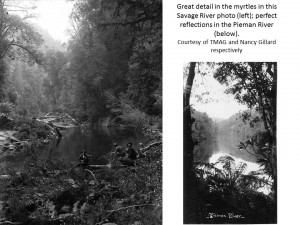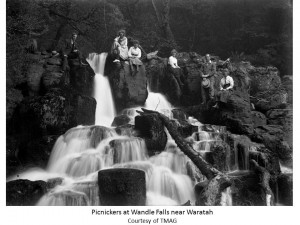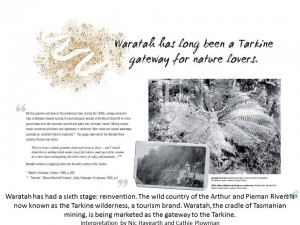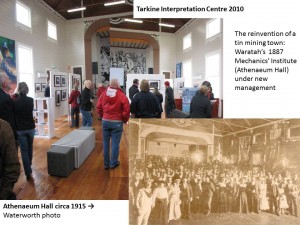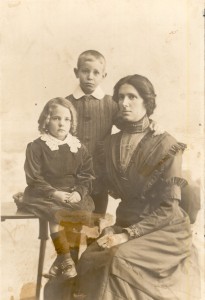
After a couple of years at Christmas Hills, in about 1912 the Brittons sold their little farm to Charlie Wells and moved to a vacant mill worker’s cottage about four kilometres away next to their mill at Brittons Swamp. This was their home for a decade as the business was established.
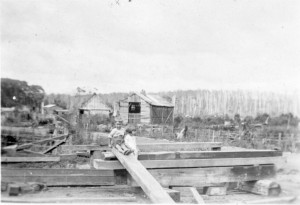
The big social events of the year for people in the Christmas Hills area were the Boxing Day Picnic, New Year’s Day and, from 1923, the Easter Sports. The Boxing Day Picnic in Tommy Rowe’s paddock featured children’s foot races, tugs-of-war and a concert or theatrical performance by the kids of the school. The real competition, however, was between the ladies, trying to outdo each other with their hams, poultry and Christmas pudding spread under a huge marquee. People came in jinkers (two-wheeled carts for two or three passengers), buggies (two- or four-wheeled carriages for two people drawn by one or two horses), spring carts (two-wheeled carts without sides), on horseback or on foot. Often the road had to be cleared of fallen trees ahead of the event. No alcohol was available, but, almost as sinfully, dancing was indulged in till next morning.[1] Many a courtship began in that paddock. One young couple from Smithton set tongues wagging by disappearing hand-in-hand into the nearby forest for several hours. For kids the lolly scramble was a highlight:
Tommy Hine, the life of all picnics and parties, would take a huge tin of boiled sweets and bang loudly on the side, calling for the kids to rally round. Then he’d throw handfuls of sweets into the crowding children for them to pick up as many as they could find.
The New Year’s Day outing began well before sun-up, when Annie began to organise the whole family:
The cows would have to be milked and sent out, fowls fed, and the horse which was harnessed in the jinker and packed with our picnic basket had to be caught. The fire had to be lighted [lit], and breakfast prepared before we could start the journey to Smithton … the corduroy over the Mowbray Swamp always [being] taken at walking pace.
They had to reach Smithton by 6 am to catch Bill Boote’s motorboat down the Duck River to Seven-mile Beach.[2] Lorna remembered this as
a great adventure to us children as the boat was skillfully guided around the river’s winding watercourse. The air smelt of salt, and the water rushing by was constantly changing, colours of green and blue with white wings [being] flung up by the prow as the ship encountered opposition from the incoming tide.
When a sandbar was reached near the mouth of the river, preventing further progress, a dinghy was brought alongside the vessel to ferry the women and children ashore:
It was not an easy task for the ladies, who dressed in long frocks, but the men enjoyed helping the frightened ones (especially the pretty ones). Clasping them in their arms, they’d squeeze them more than was needed before they set them on terra firma …
The long beach was sheltered by boobyallas. AJ ‘Pelican’ Grey supplied lemonade and other cordials. He was so nicknamed because of his pelican brand lemonade bottles. These contained marble stoppers which had to be pushed into the neck of the bottle in order to release the liquid.
Sports events were held at the New Year’s Day picnic. One year when he was eleven or twelve Phil had a go at the foot running.
I had some bigger boys to compete against, but I came in first, to the amazement of others as well as myself. I seemed to have wings. The prize was only perhaps sixpence or a shilling but it was nice to beat the town lads who I knew only slightly. We lived in the bush with little or no contact with town life.[3]
Lorna remembered a small disaster that befell Annie one year on Seven-mile Beach:
One year Mother was dressed in a beautiful white dress, full length, nipped in at the waist with a waistband. She was wearing a beautifully engraved watch suspended from a gold chain around her neck. It was slipped into the waistband, the fashion at the time … Mother’s watch was a gift from her father, I think, and the pride and envy of many women … someone said to her, ‘There’s something on your neck’.
Mother, thinking in alarm that it could be a spider, rose quickly to her feet and banged her neck area. The watch broke loose and disappeared in the sand and, even with no effort spared, we failed to find it. Mother was inconsolable and, taking us with her, went for a walk along the beach to find shells which were pretty, as well as some to take home for the fowls (shell grit) in a bag. She also got a leech on her leg, a huge one. To get it off she pulled at it and, being full of blood, it burst, and her beautiful white dress was in a horrible state.[4]
Bringing home the meat
The link with the outside world was maintained by Phil and Lorna, who operated the ‘pony mail’ on Ante, a sturdy pony ‘black as coal’. Two or three days a week after school they collected the mail from the Christmas Hills Post Office (the Hine residence). On occasions, to fill in time while waiting for the mail to arrive, they visited the farm of Cornish immigrants the Rowe family, where Phil tasted his first Cornish pasty. Sometimes it would be 8.00 pm before Phil and Lorna arrived home:
The people who ran the carry mail service were wonderful to us, and would give us food and drink, and even bed us down for the night if they considered we were in danger of falling trees in a wind storm. One day the man of the house loaded us up with the usual meat load and any other provisions—two sugar bags tied together and slung over the pony’s neck as evenly as possible—and tossed us up behind, and I heard him say ‘Jee! Those Britton kids are tough. It’s as black as your hat outside.’ But we had Ante and, as he knew all the little side-tracks to avoid deep mud holes in the road, we were not very scared. The occasional branch or tree falling or a native animal jumping across the road (in my imagination only, perhaps) would make me shudder and cling more tightly to Phil up front.
There would be stops to open gates and deliver parcels, and sometimes they would take the shorter route down the tramway which, however, was dangerous in wet weather when the line might be submerged by water. A clever pony made them feel more secure:
I’ve known Ante to place his feet on the timber rails to avoid holes in the path as he smelt his way through. Ponies are very sensitive and clever really. He could push a wire fastener off a gate, open it, and turn around so that we could reach and pull the gate shut without getting off.[5]
Parcels of meat would be secured in saddlebags, but if a parcel was dropped in the dark it would be hard to find or re-secure. On one occasion Phil rode a draught horse named Boxer to school in order to bring a large cut of beef home after school. The meat was so big and heavy that it had to be lifted up to Phil on the back of the horse and balanced in front of him. But
it was a dark wet night. I was getting near home. The road was full of little holes and wet and slippery. The horse stumbled and I lost my balance. The meat fell off in the mud … My reputation was somewhat impaired, and so I gave Aunty [Kate, the Brittons’ housekeeper at the time] the horse and she had one of the men go out and get the meat out of the mud–all in a night’s work.[6]
Like nearly all early 20th-century bush farmers, the Brittons snared wallaby, pademelon and possum for extra income and, in the case of the wallaby or pademelon, extra meat. They pegged out the skins to dry on flat boards awaiting the visit of the skin buyer.
Other marsupials were less welcome. One night a quoll got into the lean-to which housed the meat safe, and when Elijah chased it, it ran into the sitting-room where the family was gather around the fire. ‘Mother grabbed me and rushed into the bedroom’, Lorna remembered. ‘She didn’t know if it was dangerous or not, I suppose’. Elijah battered it to death while it growled at him from the top of the organ.[7] Since the animals were regarded as fowl killers, no mercy was granted them.
Lorna and Phil thought they heard the ‘cough’ of ‘hyenas’ (Tasmanian tigers or thylacines) as they rode their pony home at night, although they never saw one.[8] In about 1917 Wynyard marsupial dealer James Harrison paid £5 each for three thylacine cubs secured by the Rowe brothers of Brittons Swamp after the mother thylacine had drowned while caught in a snare.[9] Lorna recalled that the Rowes had two fireside chairs backed with ‘tiger pelts’.[10]
Phil goes to finishing school
Phil was the first to go away to school. He was a sickly child, and Annie hoped his health would benefit from finishing his education with two years at Scotch College in Launceston.[11] This promoted Lorna to the front seat on Ante for mail and parcel collection. Annie was terrified of bushfires, and it was lucky that she was away settling Phil into boarding when a fire threatened the mill and the timber stacks. Lorna was returning down the tramway from the Christmas Hills with a parcel of meat when a fire fighter hurried out of the smoky gloom.
He shouted at me, as if I were to blame, as he rushed past, ‘The swamp’s on fire and before the night you will be lucky not to be burned out’. Nevertheless I was going home, fire or no fire.
Auntie Florrie had assumed control of the kitchen, feeding the fire fighters. The meat parcel suddenly looked meagre as Florrie and Lorna prepared a meal:
Uncle Mark [Britton] had collapsed, overcome by smoke in the thickest and most dangerous area, and he was brought in to rest a while. I got him a billy can of milk and water, his favourite drink, and he was soon ready for attack again. I remember him in his own way of saying thanks—‘Ah, good, this is the best drink, better than that old tea with tannin in it’. Lighting up his smelly pipe (which was full of nicotine, if he had thought about it), he gave me a cheeky grin and disappeared into the smoky area. We didn’t get burned out, but fires smouldered for days.[12]

Lorna’s first ride in a motor car was in 1921, when Annie took her children to visit her retired parents at Middle Brighton in Melbourne. Phil was at Scotch College, but three-year-old Frank Lindsay Britton (born 1918) and one-year old David Kenneth Britton (known as Ken, born 1920) made the trip. From Smithton they travelled to Burnie in Joey Morton’s twice-weekly Model T Ford service:
I was terrified … and held on tightly when the engine was started and away we sped, followed by a dog barking furiously. Joey Morton said not to worry as we would soon lose it when we got around on to the straight where we could do 25 miles [40 kilometres] per hour.
The return Bass Strait crossing on the Marrawah, the tiny Holymans steamer, filled both Lorna and Annie with apprehension. Annie was a poor sailor. Lorna thought, ‘Well, I’ll be able to help with the children anyway’, but soon both were seasick. Frank was sick on the toilet floor, whereupon, as Lorna recalled,
The stewardess, a harsh-tongued woman, shouted at me to clean it up, but as I had nothing excepting the toilet paper to do this I grabbed Frank and quickly retreated to our stuffy cabin.
Fresh air and calmer seas revived the Brittons next day, enabling them to watch the stevedoring work at King Island. Through the afternoon they passed Hunter and Three Hummock Island, and in the evening a full moon provided a silvery path to Stanley, where the ship berthed beneath the huge grey-black rock of the Nut. There was time next morning to explore the tiny town before Tommy Hine picked the family up with his fancy double-seated buggy and pair of lively horses. Back at Christmas Hills, Elijah had freshened up the cottage with the first spring bulbs—golden daffodils, eggs and bacon and tiny snowdrops. ‘It was so lovely’, Lorna remembered, ‘that tears filled my eyes, realising also that we were “home”!’ It was, however, only a temporary home. The permanent one at the mill was two years away.
Meanwhile, Phil remembered his two years at Scotch College (1920–21) as
the best years of my life. I was able to get out of the bush for a while and the Launceston air was good for my health, besides all the friends I made and learnt to play sport as well was education.[13]
Phil was missed at Scotch when he left. In February 1922 his friend Viv wrote from the school to say that the boys had a holiday in honour of Princess Mary’s birthday:
Dear Old Phip [sic]
I wish you were back here now. I miss you terrible much.
Davvy and I went rabbiting yesterday we saw 5 rabbits but we didn’t get any … I lost my fount-pen for about 5 minutes yesterday. It dropped in the river and when I found it only the top was to be seen. In another 2 or 3 minutes I reckon it would have sunk…
Love from Viv
PS Davvy and I went rabbiting to-day and we caught two. We are going to have them for breakfast to-morrow.
Shack sends his love to you[14]
A month later Les Acheson wrote, delighted that Youll from ‘Grammar’ might be joining Scotch College and that ‘Fordy’ might return to the school, increasing its chances of winning the cricket premiership.
There are a good few new chaps this term but nearly all nippers. I am in the 3rds at cricket. I suppose you drive the loco about.[15]
Phil wasn’t the loco driver, but there was plenty to keep him busy. Returning after those two years in Launceston, his first job was to fell all the dry trees which threatened to fall on the house, keeping Annie in a state of anxiety. Phil had ceased to be known by his second name, Raymond, while he was at Scotch. Now, as his sister Lorna recalled, the same change happened at home:
I considered ‘Ray’ was much too sissy for such a tree killer and he should be called by his first name. So he became Philip or Phil—Philip Raymond.[16]
[1] ‘The Holidays: In the Country: Christmas Hills’, Examiner 29 December 1916, p.6.
[2] Phil Britton notes, p.16.
[3] Phil Britton notes, pp.16–17.
[4] Lorna Britton notes 1983, pp.47–48.
[5] Lorna Britton notes 1983.
[6] Phil Britton notes, pp.14–15.
[7] Lorna Britton notes, 1983, pp.12 and 24; Phil Britton notes, p.11.
[8] Lorna Britton notes, 1983, p.23.
[9] ‘Proof of a tiger tale’, Advocate, 25 August 1977.
[10] Lorna Britton notes, 1984, p.23.
[11] In 1920 Phil Britton topped the Scotch College Fourth Form in Scripture (‘Scotch College Annual Speech Night’, Examiner 13 December 1920, p.3).
[12] Lorna Britton notes 1984.
[13] Phil Britton, Memories of Christmas Hills (Brittons Swamp), p.17..
[14] Viv to Phil Britton, undated (probably 27 February 1922).
[15] Les Acheson to Phil Britton 27 March 1922
[16] Lorna Britton notes 1984.


